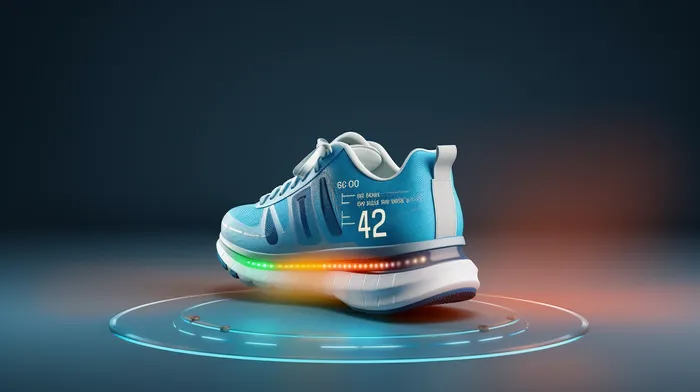If you’re new to running and wondering what kind of shoes to invest in, the answer might not be what you expected. Researchers at Aarhus University in the Netherlands have discovered that novice runners can be perfectly satisfied with a pair of ordinary, neutral running shoes without special support, even if their feet over-pronate (roll in) when they run. The study’s findings debunk the popular belief that over-pronating runners require specialized shoes to prevent injuries. Let’s dive deeper into the research and what it means for novice runners looking for the perfect shoe.
The Study
The study followed 927 healthy novice runners with various pronation types for an entire year. All runners were given the same model of neutral running shoe, regardless of their foot pronation. Throughout the year, 252 of the participants experienced an injury, and the runners collectively ran more than 100,000 miles.
Lead researcher Rasmus Nielsen explains that the results showed no significant difference in injury rates between over-pronating runners and those with neutral foot pronation. This finding is quite controversial, as it has long been thought that running in shoes without proper support for over-pronation could lead to injuries.
It’s important to note that the study didn’t look at the effects of running in non-neutral shoes or what runners with existing injuries should consider when choosing a shoe.
What Does This Mean for Novice Runners?
For those starting their running journey and looking for the perfect shoe, the study indicates that a neutral running shoe without special support may be all that’s needed. Avoiding the additional expense of specialized shoes targeted at over-pronators is an added bonus.
However, it’s crucial to keep in mind that everyone’s feet are different, and what works for one runner may not be the best fit for another. Listening to your body and paying attention to any pain or discomfort is essential in avoiding injuries.
What About More Experienced Runners?
While this study specifically focused on novice runners, it’s worth considering whether its findings may apply to more experienced runners as well. Experienced runners may have developed unique biomechanics and form through years of running and could potentially benefit from more specialized shoes.
That said, more research is needed to determine if this study’s conclusions extend to experienced runners as well.
Finding the Right Shoe for You
Whether you’re new to running or have logged countless miles on the pavement, finding the perfect shoe can be a daunting task. Here are some tips to help you choose the right footwear:
- Get fitted properly: Visit a specialty running store where knowledgeable staff can assess your gait and make shoe recommendations accordingly.
- Go for a test run: Many shoe stores have treadmills or allow customers to test shoes outside. Take advantage of this opportunity to ensure the shoe feels comfortable and supportive.
-
Consider your running surface: Different shoes are designed to perform best on specific surfaces, such as road, trail, or track. Choose a shoe that complements the surfaces you’ll be running on most often.
-
Replace worn-out shoes: Running shoes generally last between 300-500 miles. Keep track of your mileage and replace shoes when needed to maintain proper support and prevent injuries.
-
Listen to your body: As previously mentioned, everyone’s feet are different. Stick with the shoe that feels most comfortable and supports your unique biomechanics, even if it goes against popular advice or trends.
Conclusion
In conclusion, the study from Aarhus University suggests that novice runners may not need to invest in specialized running shoes designed for over-pronators, as neutral shoes appear to work just as well. However, remember that every runner is different, so always prioritize comfort and listen to your body when selecting your ideal shoe.
For more in-depth information on running shoes and how to choose the perfect pair, consider visiting reputable sources like Runner’s World or Verywell Fit.



